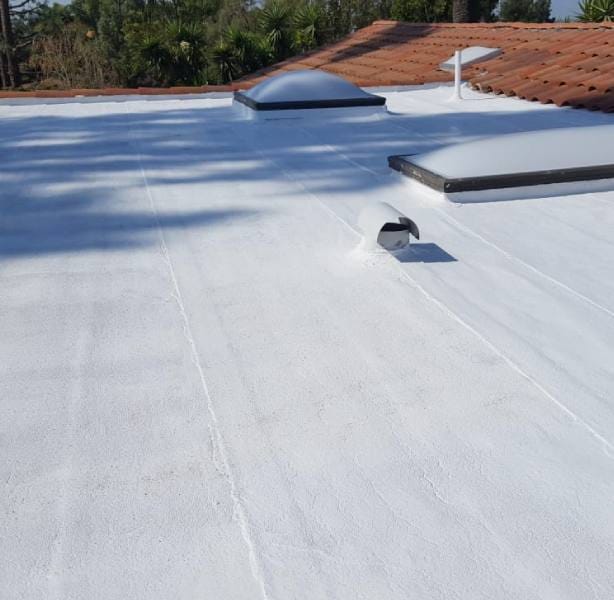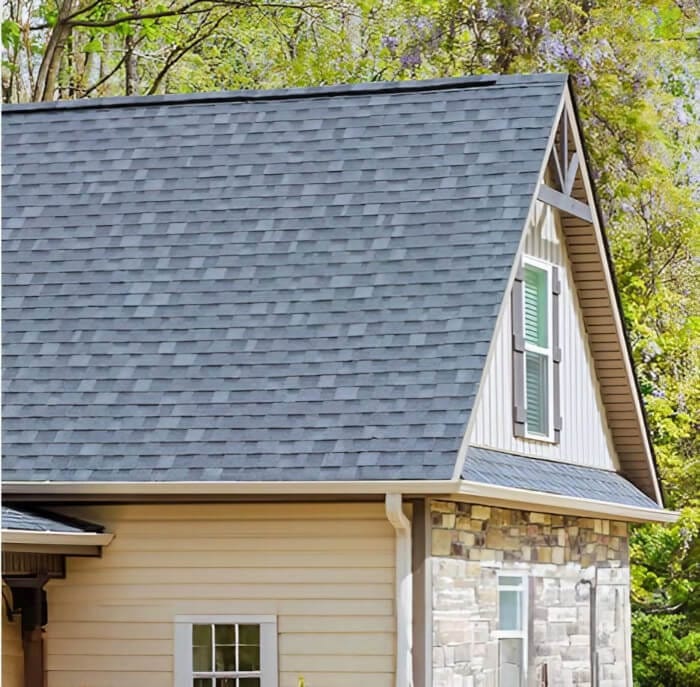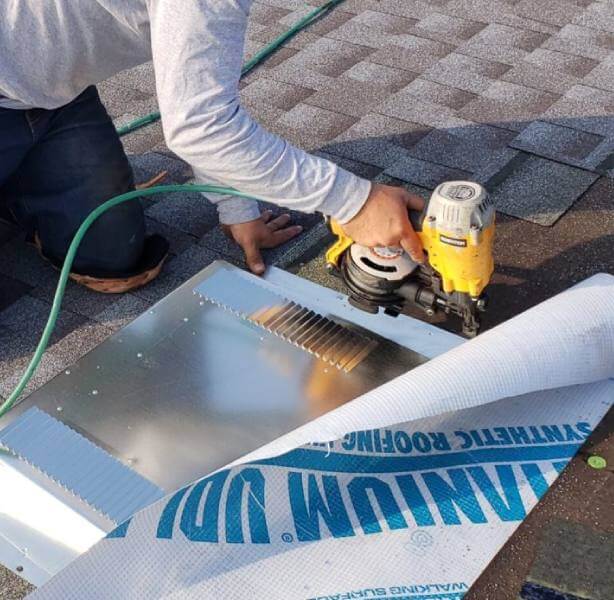Roof Replacement in Seattle: Understanding When It's Time for a New Roof
Introduction
Living in Seattle, you're no stranger to the rain, wind, and sometimes even snow. These elements can take a toll on your home, particularly your roof. Whether you’re dealing with leaks, missing shingles, or simply an aging roof structure, knowing when it’s time for a roof replacement is crucial for safeguarding your investment. In this comprehensive guide, we’ll explore the signs that indicate you might need a new roof, the steps to take when considering a replacement, and how to choose the best roofing company in Seattle.
Roof Replacement in Seattle: Understanding When It's Time for a New Roof
When it comes to maintaining your home, your roof plays a pivotal role. A well-maintained roof protects you from harsh weather and keeps your energy bills down. However, like all things Atlas Roofing WA in life, roofs have a lifespan. The question is: how do you know when it's time to replace it?

The Lifespan of Different Roofing Materials
Understanding the lifespan of various roofing materials can help homeowners set realistic expectations about their roofs.
- Asphalt Shingles: Generally last 15-30 years.
- Wood Shingles: Typically last around 20-25 years.
- Metal Roofing: Can last 40-70 years depending on the material.
- Tile Roofing: Known to last over 50 years with proper maintenance.
Signs Your Roof Needs Replacing
1. Age of Your Roof
One of the most telling signs that it's time for a roof replacement is age. If your roof is nearing its expected lifespan based on its material type, consider consulting with a professional.
2. Missing or Damaged Shingles
A few missing shingles may not seem like much initially; however, if you notice several missing or damaged shingles across your roof, it might be time to consider replacement.

3. Leaks and Water Damage
Have you noticed water stains on your ceilings or walls? This could indicate that your roof is compromised and may need replacing soon.
4. Granules in Gutters
If you see shingle granules accumulating in your gutters during rainfall or after storms, this indicates wear and tear on asphalt shingles specifically.
5. Sagging Roof Decking
A sagging roof deck can be a sign of significant structural damage beneath the surface and should be addressed immediately.
6. Increased Energy Bills
An aging or damaged roof can lead to poor insulation and ventilation, causing spikes in energy costs as heating/cooling systems work overtime to maintain comfort levels.
Consulting with Professionals: Why It’s Important
While DIY inspections are beneficial for spotting obvious issues, consulting with professionals can provide insights into hidden problems that require specialized tools and experience to identify accurately.
What to Expect During an Inspection?
A comprehensive inspection by the best roofing company in Seattle will involve:
Options for Roof Replacement Materials
Once you've decided it's time for a replacement, you'll need to select suitable materials based on factors such as budget, aesthetic preferences, and long-term durability.
Popular Roofing Materials: Pros & Cons
| Material | Pros | Cons | |--------------------|------------------------------------|-------------------------------| | Asphalt Shingles | Cost-effective; easy installation | Shorter lifespan | | Wood Shingles | Natural aesthetic; good insulation | Susceptible to rot | | Metal Roofing | Long-lasting; energy-efficient | Higher initial cost | | Tile Roofing | Extremely durable; fire-resistant | Heavy; requires strong support |

Choosing the Right Contractor in Seattle
Finding the right roofing contractor can make all the difference in ensuring that your new roof stands up against Seattle's climate challenges. Here are some tips:
Understanding Pricing Structures For Roof Replacement
Roof replacement costs can vary widely based on several factors:
- Type of roofing material
- Size of the roof
- Labor costs
- Additional repairs needed (e.g., decking)
Average costs typically range from $5,000-$15,000 depending on these factors.
FAQs About Roof Replacement
1. How often should I replace my roof?
Most roofs will need replacing every 15-50 years depending on their materials and local weather conditions.
2. Can I install a new roof over my old one?
In some cases yes; however, local codes may restrict this practice due to weight limitations or warranty issues.
3. What are signs of poor installation?
Look out for uneven shingles or flashing issues which may indicate poor workmanship requiring immediate attention.
4. How long does it take to replace a roof?
Typically ranges from 1 day up to several weeks depending on size and complexity.
5. Do I need permits for roofing work?
Yes! Most cities require permits before starting significant roofing work; check local regulations before proceeding.
6. How can I maintain my new roof?
Regular inspections after storms along with routine cleaning of gutters will contribute significantly toward longevity!
Conclusion
Replacing your roof is no small task—it involves careful planning and consideration of various factors including timing and financial investment! By keeping an eye out for warning signs indicating it’s time for replacement—such as age-related deterioration or noticeable leaks—you can make informed decisions that protect both yourself & your property over time!
Remember that when searching for assistance regarding any repairs/replacements needed throughout this process finding skilled professionals—like those at the best roofing company Seattle—can lead not only enhance safety but also increase value over years ahead! So don’t delay—start evaluating those rooftops today!